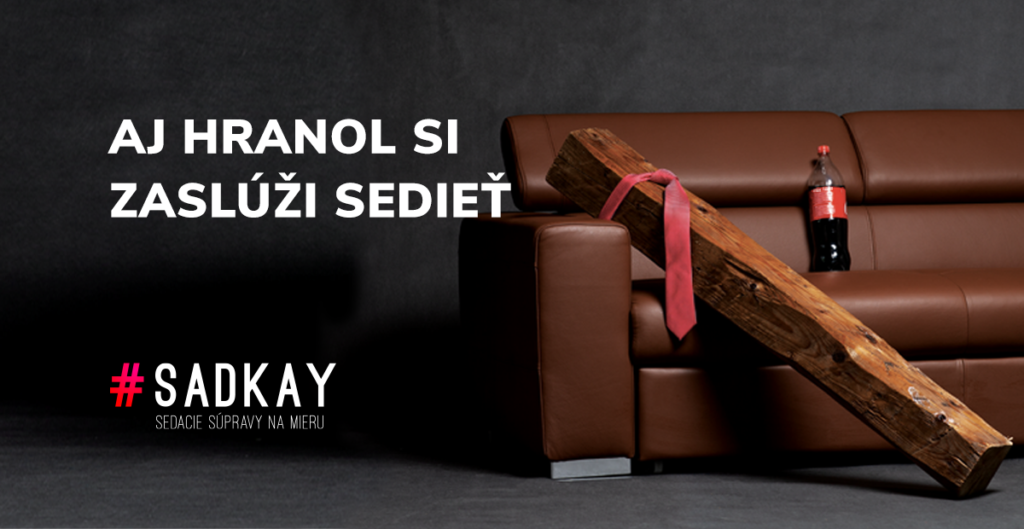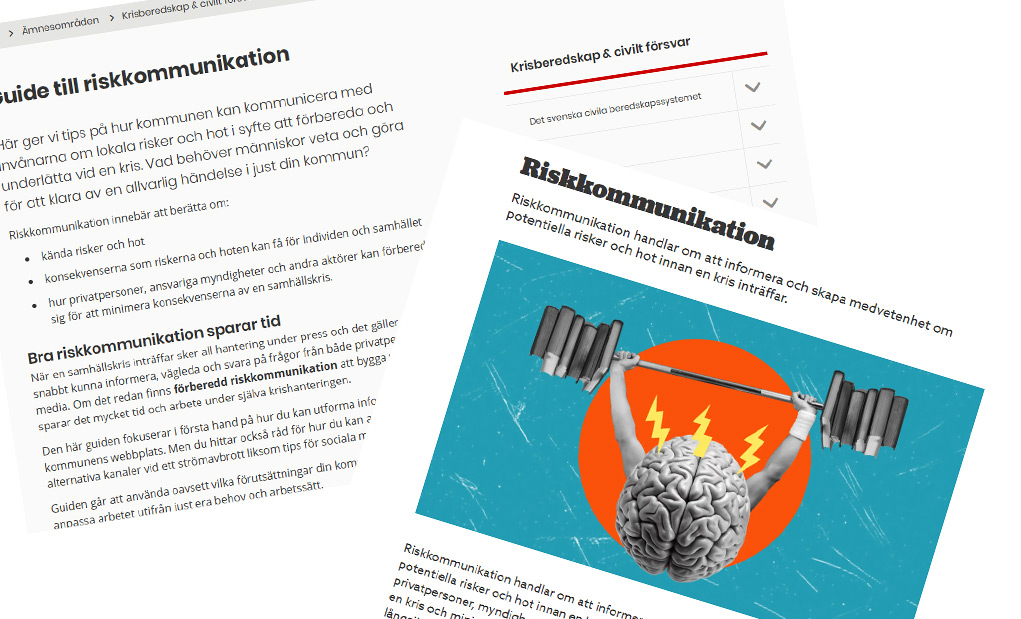Keep calm and Die: Political satire in advertising, lessons from Slovakia
Although we observe more and more companies using political satire as a marketing tool, research on this topic is scarce. Kristína’s thesis therefore makes an important contribution. She specifically focuses on how millennials perceive satire, an increasingly relevant customer group.

Her work highlights the role of thought-provoking multimodal message construction and the company’s previous involvement in political scandals. Beyond making important theoretical contributions, her findings offer inspiration and useful advice to marketing practitioners who consider using political scandals in their advertising campaigns.
In the age of controversial political figures, even big companies such as Coca-Cola or Kaufland enter the slippery ice of using political satire in their social media campaigns. The idea for my thesis was born when I stumbled upon such commercial ads filled with political satire from my home country of Slovakia. Perhaps, it could be a way to win back the young generation of millennial consumers who have grown increasingly sceptic towards traditional advertising yet are sensitive towards social issues? After all, there is no doubt the ads were successful in achieving viral spread. However, not every viral post is necessarily liked by consumers, especially if we talk controversial topics. Therefore, the questions I asked in my thesis were: what attitude do millennial consumers have towards such advertising format and what possible underlying considerations are there to make this format successful?
I analysed Facebook comments on ads reposted at a popular satirical Facebook page Zomri (Keep calm and Die), which was important to grasp immediate consumer reactions including emoticons from the precise time when the ads were published. Secondly, I employed focus groups consisting of Millennials organized via Facebook messenger video chat to collect deeper ideas.

“You can finally hear it too”. Coca-Cola reacted to a leaked audio-recording exposing a massive corruption scandal in high-ranking political circles. Existence of this recording had been debated for several years prior to its eventual leak. Among others, this recording included “a voice similar to that of former prime minister Robert Fico” asking for a bottle of coke while being corrupted by oligarchs. The ad was part a then new advertising strategy, where Coca-Cola focused on the sound made by opening a bottle of coke resulting in a double meaning of the ad.
The text by Zomri says: “Coca-Cola, my dream is to have bottles with the name Zomri printed on the label”. Couple of days later, Coca-Cola actually had such bottles manufactured, which was promptly featured at Zomri and received widely positive reactions from followers.
https://www.facebook.com/zomriofficial/photos/a.1831445523801369/2462469210698994
Findings show that the satirical element must be embedded in a well thought-out, original, creative, and aesthetically pleasing whole with emphasis on well-executed metaphors to make the concept succeed. The joy of cracking the hidden meaning was the central idea for consumers to like such ads. A good example in this regard is an ad by Sadkay with its intricate use of clues that point towards the satirical message while preserving aesthetic appeal of the ad and showcasing Sadkay´s product. Similarly, Coca-Cola´s use of sound waves in the shape of coke bottle was praised for its creative way of referring to the actual scandal. The devil lies literally in the details.

“Even the beam deserves to sit”. Local furniture company Sadkay reacted to corruption scandals of the former prime minister Robert Fico by metaphorically suggesting that he deserves to go to prison. Beam, or “Hranol” in Slovak, is one of Fico´s nick-names, the bottle of Coca-Cola refers to the audio-recording and the red tie is often featured in caricatures of Fico. The expression “to sit” has double meaning in Slovak, slang-wise it means “be imprisoned”.
https://www.tyzden.sk/rozhovory/50024/autor-kampane-robko-si-zasluzi-sediet-/
Moreover, companies need to target the right audience with sufficient knowledge and motivation regarding politics. A crucial success factor for these ads was the existence of Zomri and its 300K community of consumers immersed in politics through the satirical content. For “outsiders” it was sometimes hard to understand the hidden meaning unless the ads referred to something rather notorious like in Sadkay´s case.
Very importantly, although consumers don´t mind for-profit companies as such to use political satire, those firms caught up in scandals of their own should refrain from such endeavors lest be considered hypocrites. This is especially concerning when it comes to very acidic style of satire and here the results indicate that the Sadkay ad would have been received likely on the negative side had it been made for instance by Coca-Cola. A safe way to use political satire in advertising was mastered by Kaufland, whereby the ad seemed ordinary at the first glance, but held a secret in referring to a faux-pas of Slovak National Party that used a Moravian folklore ornament in their billboards.

“Moravian cakes”. Kaufland advertises pastry called Moravian cakes with a Moravian folklore ornament (from Czech Republic) in the background. This refers to a faux-pas when Slovak National Party used the very same ornament in their billboards.

Kristina Talabova, Sustainable enterprise development Bachelor program at JIBS
Detta är en bloggtext. Det är skribenten som står för åsikterna som förs fram i texten, inte Jönköping University.





